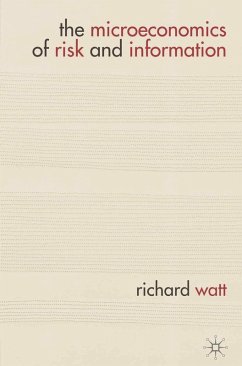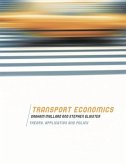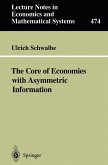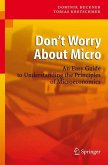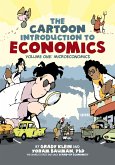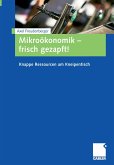The Microeconomics of Risk and Information covers the principal areas in the field, including risk aversion, simple portfolio theory, precautionary savings, production under risk, risk sharing in the Edgeworth box, adverse selection and moral hazard. Keeping to a strict two-dimensional environment and using only some basic calculus, this textbook is written principally for students of advanced undergraduate and beginning graduate courses in economics, finance, and other fields, who have studied microeconomics at the intermediate level. Compact and clear, the book reflects the author's twenty-year experience teaching the course in the one-semester format to students around the world. The only text for teaching the economic theory of risk and information at an advanced undergraduate level in a one-semester course.
"This book aims to provide a one-semester course in the microeconomics of risk and information for, it seems, final-year undergraduate economics or finance students. It is structured very simply and appealingly, going from chapters on risk, preferences and risk aversion through a chapter on four applications to concluding chapters on adverse selection and moral hazard, the 'information' part of the course." (Martin Richardson, Economic Record, Vol. 91 (292), March, 2015)

